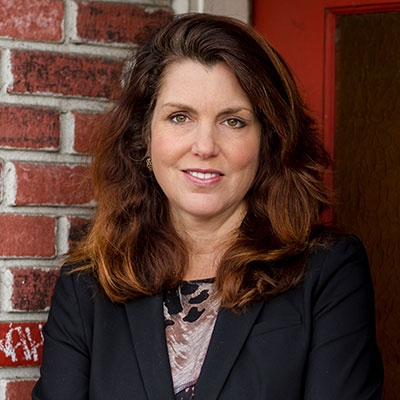
Suzanne Bohan
Suzanne Bohan covered health and science for 12 years with the Bay Area News Group, a 650,000-circulation newspaper chain that includes the San Jose Mercury News, Contra Costa Times, and Oakland Tribune. She previously worked for the Sacramento Bee, and her writing has also been published in the Los Angeles Times, Washington Post, Boston Globe, Miami Herald, San Francisco Chronicle, and other newspapers nationwide.Bohan has won nearly 20 journalism awards, including the 2010 White House Correspondents' Association Edgar A. Poe Award for the series "Shortened Lives: Where You Live Matters" on why life expectancies vary so dramatically between nearby neighborhoods, and initiatives to shrink this unjust gap. Her earlier book, 50 Simple Ways to Live a Longer Life: Everyday Techniques From the Forefront of Science, won a National Health Information Award for health promotion/disease prevention.Bohan has a master's degree in journalism from Stanford University and a bachelor's degree in biology from San Francisco State University. She interned at CNN and worked in radio but decided to focus her career on print media. She lives in Northern California with her husband.


